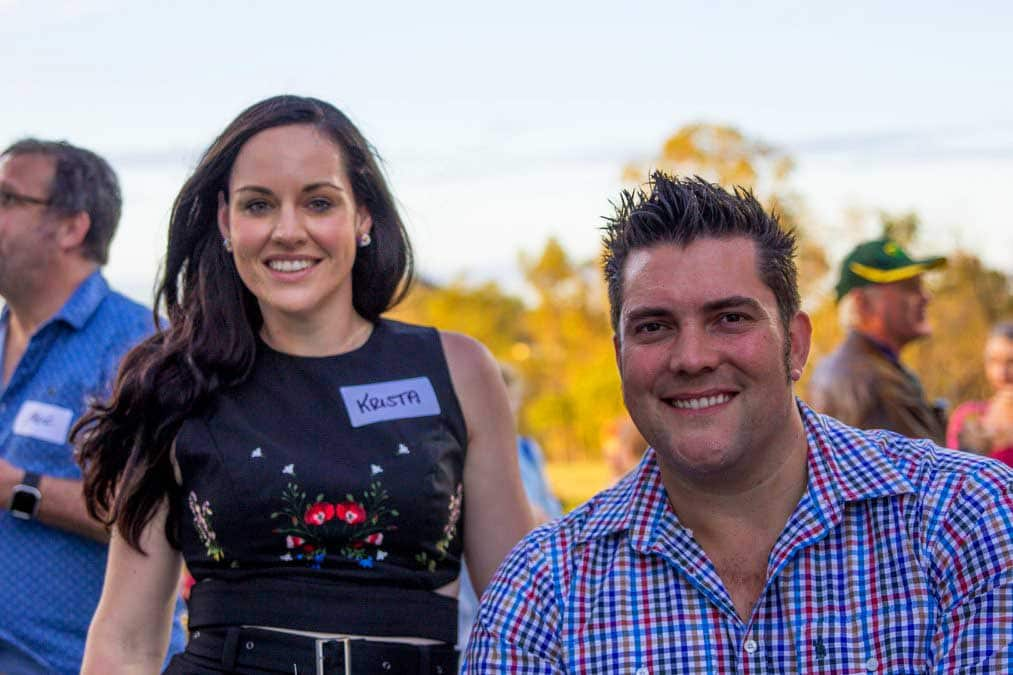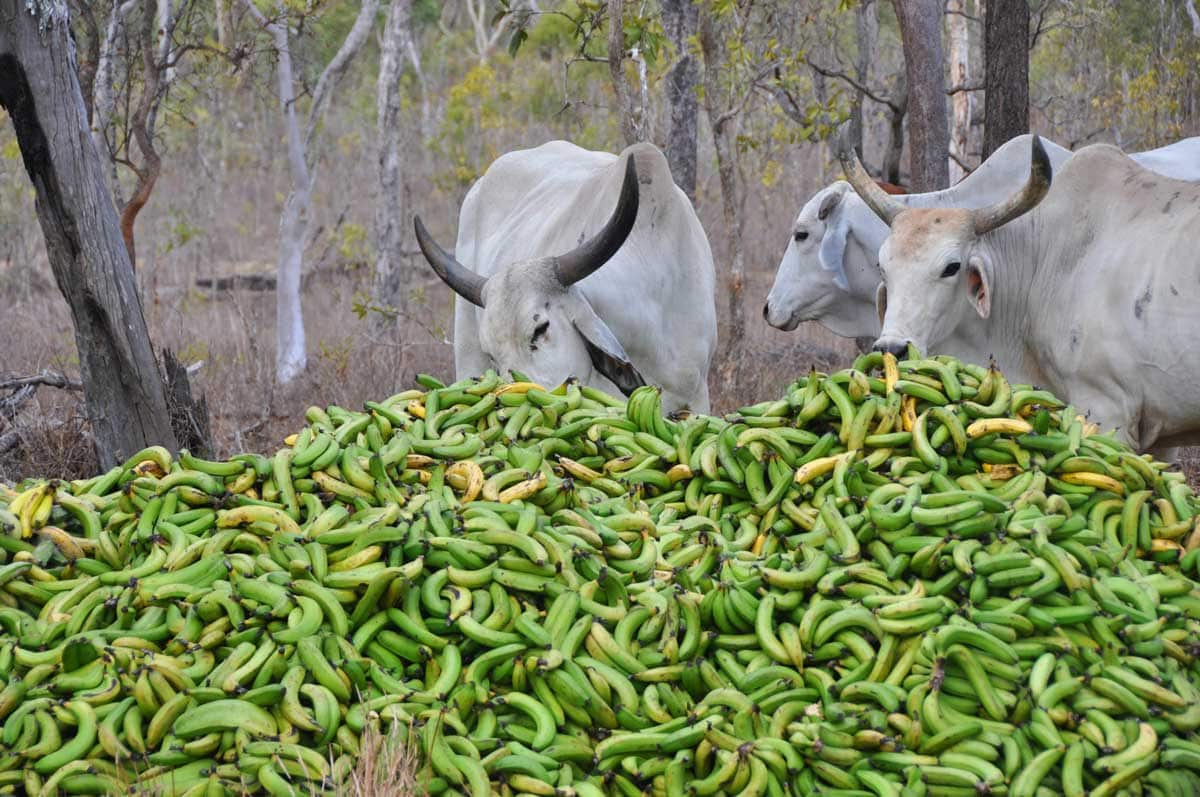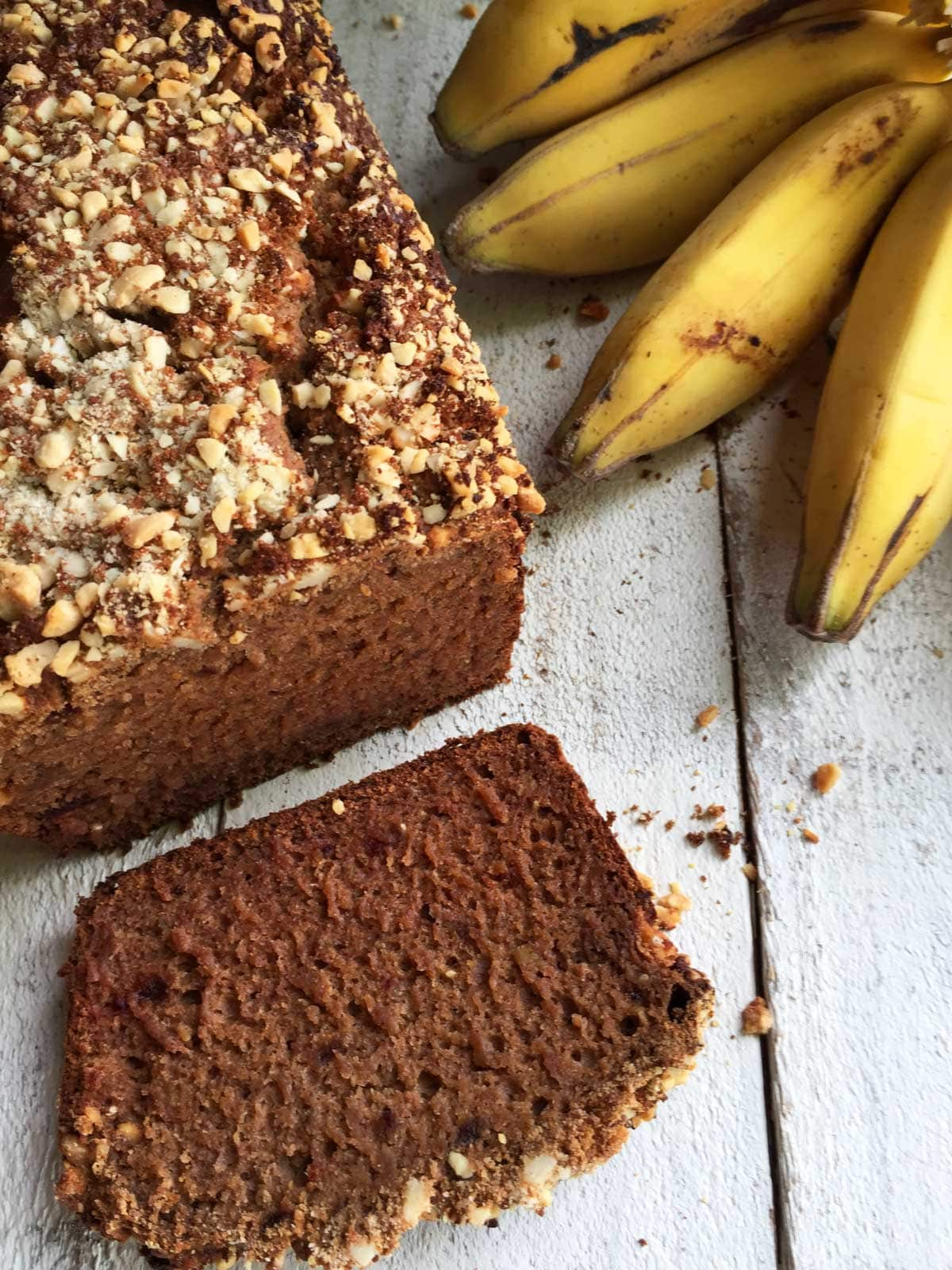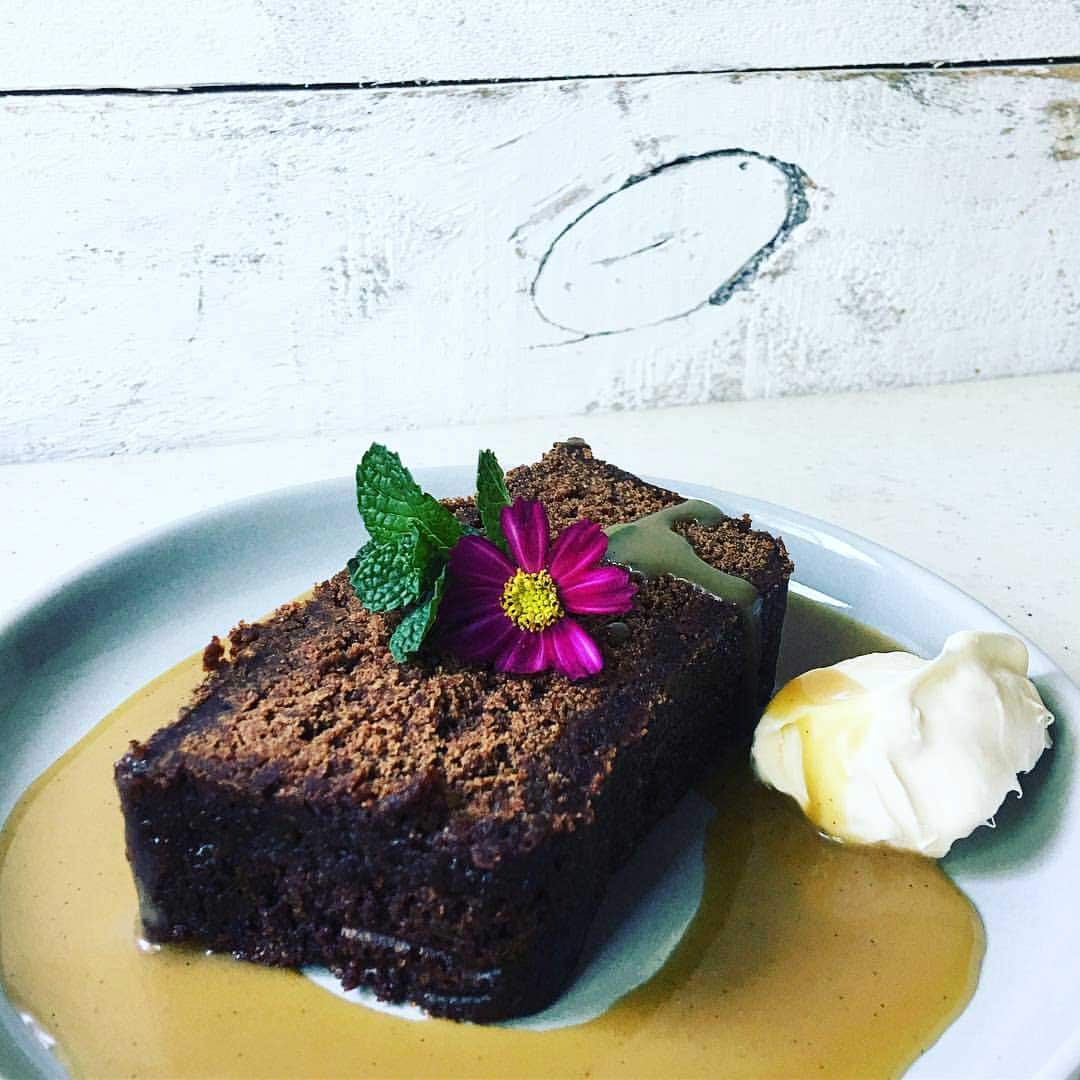Krista Watkins and her husband, Rob, owned one of the biggest lady finger banana plantations in Australia. They were successful, but they faced two major problems on their Walkamin farm in Far North Queensland: on a weekly basis, vast amounts of bananas went to waste because they couldn’t be sold to supermarkets due to size and shape irregularities. And seasonally, there were cyclones that threatened entire crops.
“We had two really devastating cyclones, category fives, in a row,” says Krista. “It made us worry about all the excess produce we had lying around, not just in times of natural disasters like that, but just week-to-week. Even without cyclones, we had five metric tons - 5000 kilos - of waste every week. We were starting to think, ‘There’s got to be a better way.’”
There was, of course – it was just that the Watkins family didn’t realise it yet.
It was Rob who discovered what would eventually lead the couple away from selling fresh bananas altogether, and toward a business plan that, so far, has helped save an estimated 90,000 metric tons of bananas. Even better, the discovery is a product with wide-ranging health benefits.
“Rob was packing the truck one day when he accidentally ran over a hand of green bananas that had been sitting in the sun all day,” says Krista. “He calls it his ‘aha moment': the bananas completely exploded under the weight of the wheel, and what came out was a dry, floury substance. He said, ‘You’ve got to taste this, it tastes just like flour.’ I thought he’d gone bananas – sorry, pardon the pun! – but he was right, it really did taste just like flour. It didn’t taste of banana at all.”

Startled by their discovery, the couple remembered that animals near the plantation had always preferred green, unripe bananas to the fresh yellow ones. “Rob used to throw the excess bananas to the animals around us – wallabies and pigs – and they would go for the green bananas first. We were really confused, we couldn’t work it out – why would they go for the green bananas instead of the nice, ripe, yellow ones? It was so strange.”
When they saw the explosion of flour from the dried green bananas, and started to investigate its nutritional properties, they began to understand: they were sitting on a superfood goldmine.
“At first, the plan was to try to use the green banana flour just as flour,” says Krista. And yes, by the way, that’s exactly how it works – green banana flour can be subbed into any recipe that uses flour, simply by reducing the quantity by a quarter (or even half). “But then a friend said to us, ‘Have you had it tested for resistant starch?’ We said, ‘What’s that?’ We had no idea.”

Resistant starch is a type of fermentable fibre that supports good gut bacteria and, according to the CSIRO, may even help reduce the incidence of bowel cancer. It works like a prebiotic and feeds our microbiome (gut) – which means the couple soon discovered they’d accidentally found a true superfood. “Yeah,” says Krista, laughing. “We found out that we had accidentally discovered the richest source of resistant starch on the planet.”
The couple assumed that someone must have been using green banana flour before them, but found that, in fact, they were the first to commercialise the product. “We started Googling ‘green banana flour’, because we thought for sure that someone must have figured this out before us. But there was nothing. Green bananas had been used in Asian cooking, in place of potatoes, for example, but there was nothing about the flour. We started to think, ‘This is what we could do now, when we have waste or when there’s a natural disaster.’ It just made good economic sense; sometimes you just can’t protect yourself from Mother Nature.”
He calls it his ‘aha moment': the bananas completely exploded under the weight of the wheel, and what came out was a dry, floury substance. He said, ‘You’ve got to taste this, it tastes just like flour.’
While their flour business began as a side hustle to the lady fingers, it soon became clear that the flour would be far more successful – and sustainable. “We don’t sell any fresh bananas now. We concentrate on the flour alone, and demand is so high that we also buy bananas from other growers to make the flour,” says Krista. “Every week in Queensland, there’s 500 metric tonnes of bananas going to waste, so to be able to do something with those bananas is incredible. It’s great for the farmers, too, not only because they’re being paid for their waste, but also because they don’t need to pay for the bananas to be taken away as they normally would. That includes packaging and freight costs, too.”

The flour, which is sold in Woolworths, specialty stores and online at Natural Evolution Foods, tastes “earthy and wholesome” and not like bananas. “Because the bananas are unripe,” says Krista, “the sugars haven’t come out yet. It’s not sweet.” The flour is also gluten-free – perfect for coeliac Rob.
Krista, who recently won the AgriFutures Rural Women’s Award, says that green banana flour is only the beginning of Natural Evolution. “We feel like we’ve done our apprenticeship now, we’ve graduated,” she says. “When we started, we had no idea how to convert those green bananas quickly to powder - it wasn’t like we could run them over with the truck over and over!” The couple patented a process that can convert any fruit or vegetable to powder in just 10 minutes. “The machine has been tested and is scientifically proven to lock in more nutrients than other food processing techniques,” she says.
We found out that we had accidentally discovered the richest source of resistant starch on the planet.
Now, the couple is moving on to other forms of waste.
“Sweet potato waste is another huge problem in Queensland, so I really wanted to try and do something to help those farmers,” says Krista.

Sweet potato flour is now available in their online shop, and will be in major retailers from March 2019. There’s also a range of “pre-mixed” baking and cooking kits, using the banana flour to make pancakes, chocolate cake and - what else? - banana bread, and plans to make a green superfood powder from excess broccoli. It’s all quite a departure from growing and selling just one type of fruit, at the whim of nature.
“It’s incredible to think that if Rob hadn’t accidentally run over that bunch of bananas,” says Krista, laughing, “none of this might ever have happened.” Now, she notes, the couple has a successful business, but also a sustainable one. “It’s something we can be really proud of,” she says. “We’ll pass it down; that’s the way a business should be run.”
SBS Food is a 24/7 foodie channel for all Australians, with a focus on simple, authentic and everyday food inspiration from cultures everywhere. NSW stream only. Read more about SBS Food
Have a story or comment? Contact Us

